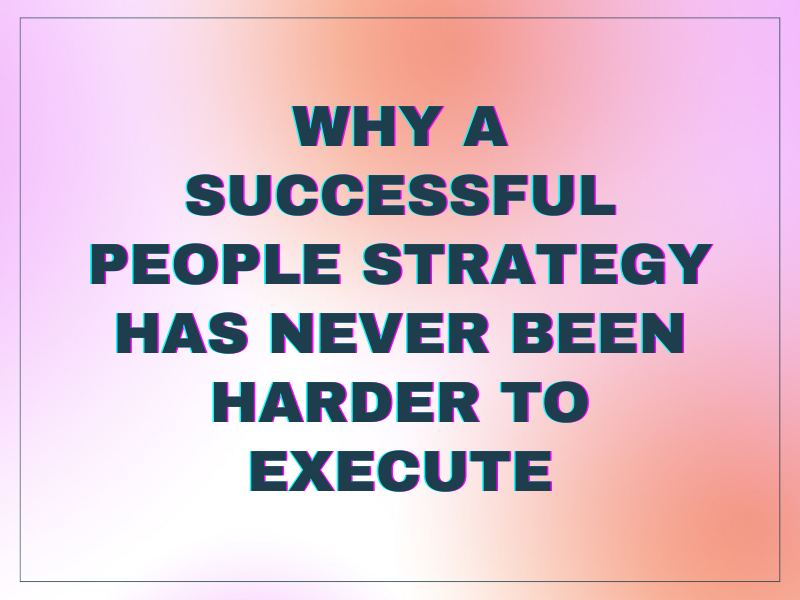Another reason top-performing employees leave is that they feel their career is not progressing in the way they would like, or they do not have an opportunity to grow. Typically, top-performing employees are not only talented, but highly motivated and driven individuals. Hence, it’s a given that if they are not provided with clear pathways for growth, or compensated fairly, they are more likely to look for a new opportunity that satisfies these needs. Compared to average workers, top performers tend to have a greater awareness of their value, and can often find jobs faster as they are more confident in their ability to seek greener pastures—particularly in the current job seekers’ market.
The solution lies in career growth support, adequate compensation, and proper motivation.
Firstly, employees should receive adequate support and encouragement in developing their skills. It is also crucial to make career and educational advancement opportunities available.
Developmental opportunities signal that the company is interested in not only expanding employees’ skill sets, but also in translating those skills into new opportunities. Top-performing employees may already have standout talents, but that doesn’t mean they aren’t looking for opportunities to grow and learn more—particularly if they have high Progress needs.
Meanwhile, compensation is not just about a big bonus or a salary increase, even for those with a high Financial Needs score. It can also come in the form of added benefits, perks, and even being prioritized in shift changes and scheduling.
At the end of the day, every employee is different, and that includes what motivates them. Being able to understand employees’ intrinsic motivations—and, crucially, how they may differ from a managers’ own—is therefore an invaluable asset.
This is where Attuned is a real game-changer for busy managers. By making each person’s hitherto unseen values visible, Attuned allows leaders to get to know their team on an individual level better and faster, both in terms of what kind of working environment they are most likely to thrive in, and the factors that make work more meaningful for them.
Armed with this knowledge, leaders can tailor their communication and management styles to connect with employees more effectively; quickly identify managerial blindspots and take appropriate action to fix them; and personalize the work experience to foster happier, more productive teams.






